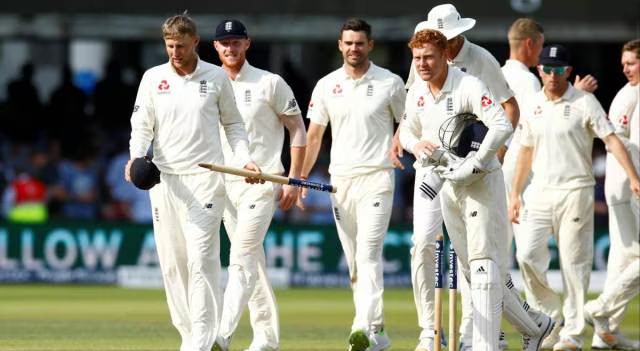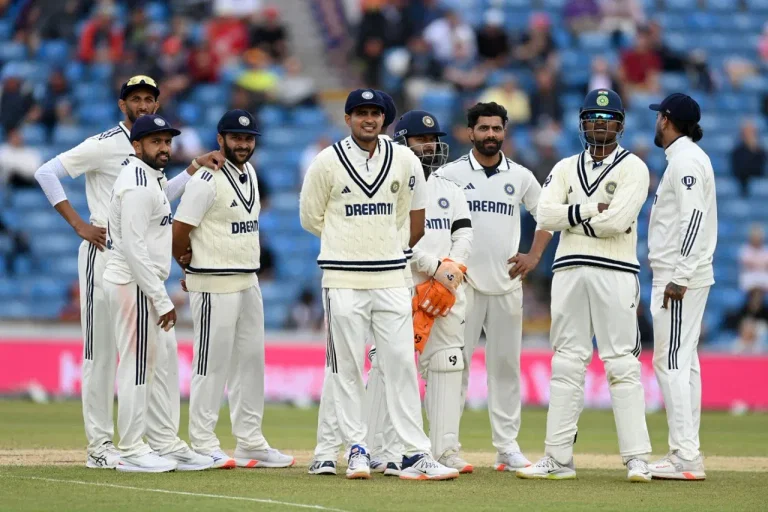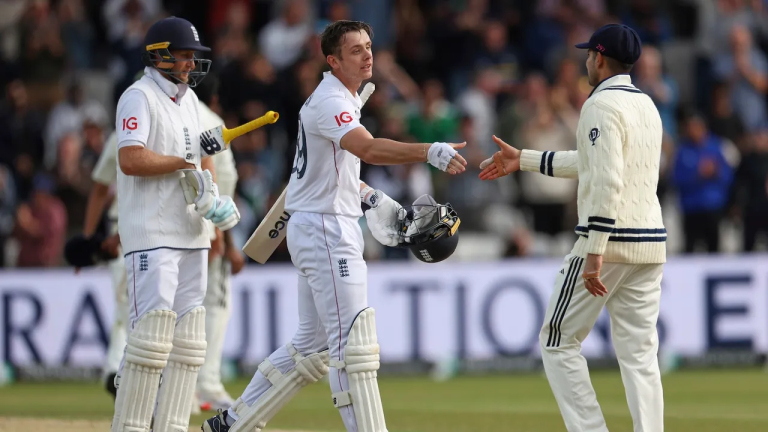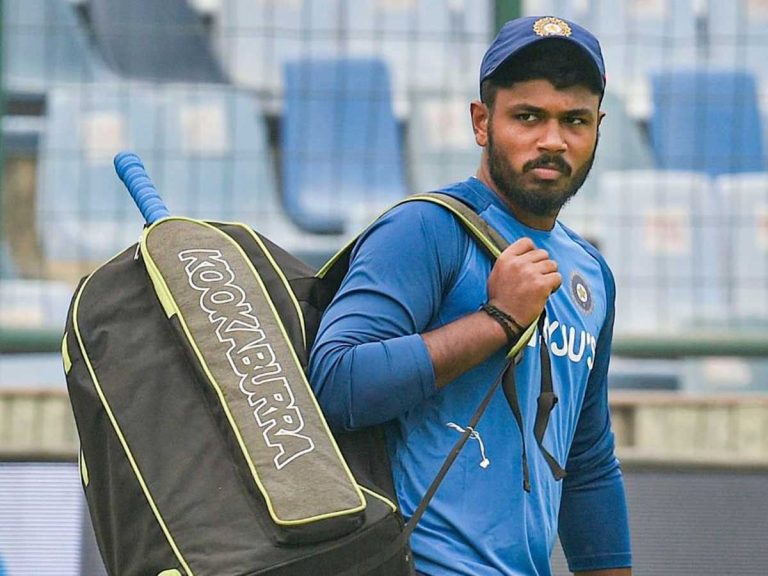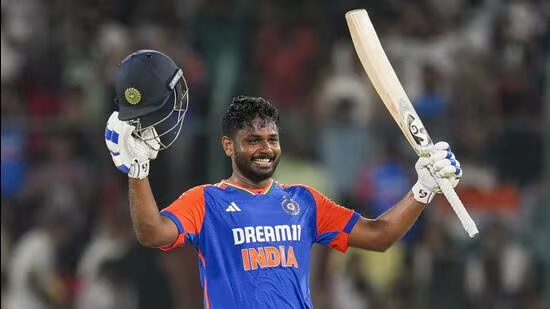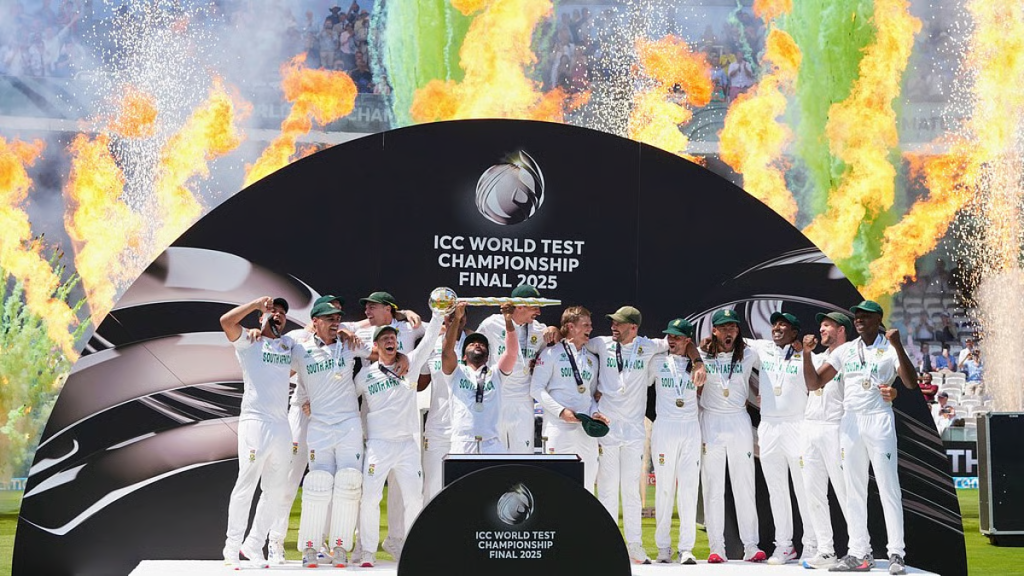
South Africa’s five-wicket victory over Australia in the 2025 World Test Championship final at Lord’s represents far more than just another cricket match won. It marks the end of a 27-year ICC trophy drought, a psychological breakthrough of monumental proportions, and the emergence of a new chapter in South African cricket’s complex narrative.
The Weight of History Lifted
The significance of this triumph cannot be overstated. South Africa’s last ICC trophy came in 1998 with the inaugural ICC KnockOut Trophy (now the Champions Trophy). Since then, the Proteas have endured a succession of heartbreaks, near-misses, and the infamous “chokers” tag that has haunted South African cricket for over two decades.
The chase of 282 runs on the final day embodied everything that has historically gone wrong for South African cricket—a challenging target, mounting pressure, and the weight of expectation. Yet, this time, they delivered when it mattered most. The psychological barrier that has defined South African cricket for a generation was finally shattered on the hallowed turf of Lord’s.
Tactical Masterclass and Individual Brilliance
The victory was built on both collective resilience and individual excellence. Kagiso Rabada’s five-wicket haul in Australia’s first innings set the foundation, while the batting performance in the fourth innings showcased remarkable composure under pressure.
Aiden Markram’s century (finishing with 136 from 207 balls) and captain Temba Bavuma’s 66 were pivotal contributions. Their partnership of 143 runs after South Africa found themselves at 70 for 2 demonstrated the kind of temperament that has often been questioned in South African cricket. Markram’s innings, in particular, was a statement of intent—aggressive when needed, patient when required, and technically sound throughout.
The fact that Bavuma played through a hamstring injury adds another layer to the narrative. His leadership both on and off the field has been instrumental in this team’s transformation from sending a second-string side to New Zealand a year ago to becoming world champions.
The Bavuma Factor: Leadership Transformation
Under Temba Bavuma’s captaincy, South Africa has remained unbeaten in nine Tests—a remarkable statistic that speaks to both his leadership qualities and the team’s collective growth. This is particularly significant given the scrutiny Bavuma has faced throughout his career, often criticized for his batting averages rather than recognized for his leadership acumen.
The captain’s decision-making throughout the final, from field placements to batting order, reflected a maturity that has been building over recent series. His ability to manage the team’s notorious tendency to crumble under pressure has been the invisible thread holding this triumph together.
Australia’s Missed Opportunity
From Australia’s perspective, this defeat represents a missed opportunity to establish themselves as the most successful team in WTC history. As defending champions and pre-match favorites, their inability to close out the game despite setting a competitive target of 282 will be a source of frustration.
Pat Cummins’ side had moments of dominance, particularly with Mitchell Starc’s bowling performance (3/66), but they couldn’t sustain the pressure required to dismiss a determined South African batting lineup. The pitch at Lord’s offered consistent seam movement, yet South Africa’s batsmen adapted better to the conditions when it mattered most.
Breaking the ‘Chokers’ Narrative
Perhaps the most significant aspect of this victory is how it dismantles the ‘chokers’ narrative that has plagued South African cricket. The ability to chase down 282 runs in a World Test Championship final, with the world watching and history on the line, represents a fundamental shift in mentality.
The measured approach in the final innings—taking 27.4 overs to score the remaining 69 runs—showed a team that had learned to manage pressure rather than be overwhelmed by it. This wasn’t about heroics or dramatic flourishes; it was about professional execution under the most intense scrutiny.
Implications for Global Cricket
South Africa’s victory adds another dimension to the WTC’s success as a format. With three different winners in three editions (New Zealand, Australia, and now South Africa), the championship has demonstrated that Test cricket’s competitive balance is healthier than ever.
This triumph also validates the investment in Test cricket development programs and the importance of patience in building competitive teams. South Africa’s journey from sending a weakened team to New Zealand to becoming world champions within a year illustrates how quickly fortunes can change in international cricket.
The Road Ahead
While this victory provides immense satisfaction and confidence, it also raises expectations for South African cricket moving forward. The challenge now is to build on this success and establish consistency across all formats. The $3.6 million prize money is welcome, but the psychological dividend is immeasurable.
The upcoming series in the Caribbean will be the first test of how this team handles success. Can they maintain the hunger and focus that brought them to this pinnacle? The early signs, particularly the team’s unbeaten run under Bavuma, suggest they can.
Conclusion: A New Dawn
South Africa’s WTC 2025 victory represents more than sporting achievement—it’s a cultural moment that transcends cricket. For a nation that has endured decades of sporting heartbreak on the global stage, this triumph provides hope and validation.
The image of the Proteas lifting the WTC mace at Lord’s will be remembered as the moment South African cricket finally shed its psychological demons. It marks not just the end of a 27-year drought, but the beginning of what could be a golden era for the Proteas.
In the pantheon of South African cricket achievements, this victory stands alone—not just for what it represents, but for how it was achieved. With composure, skill, and unwavering determination, South Africa has finally claimed its place among cricket’s elite.

